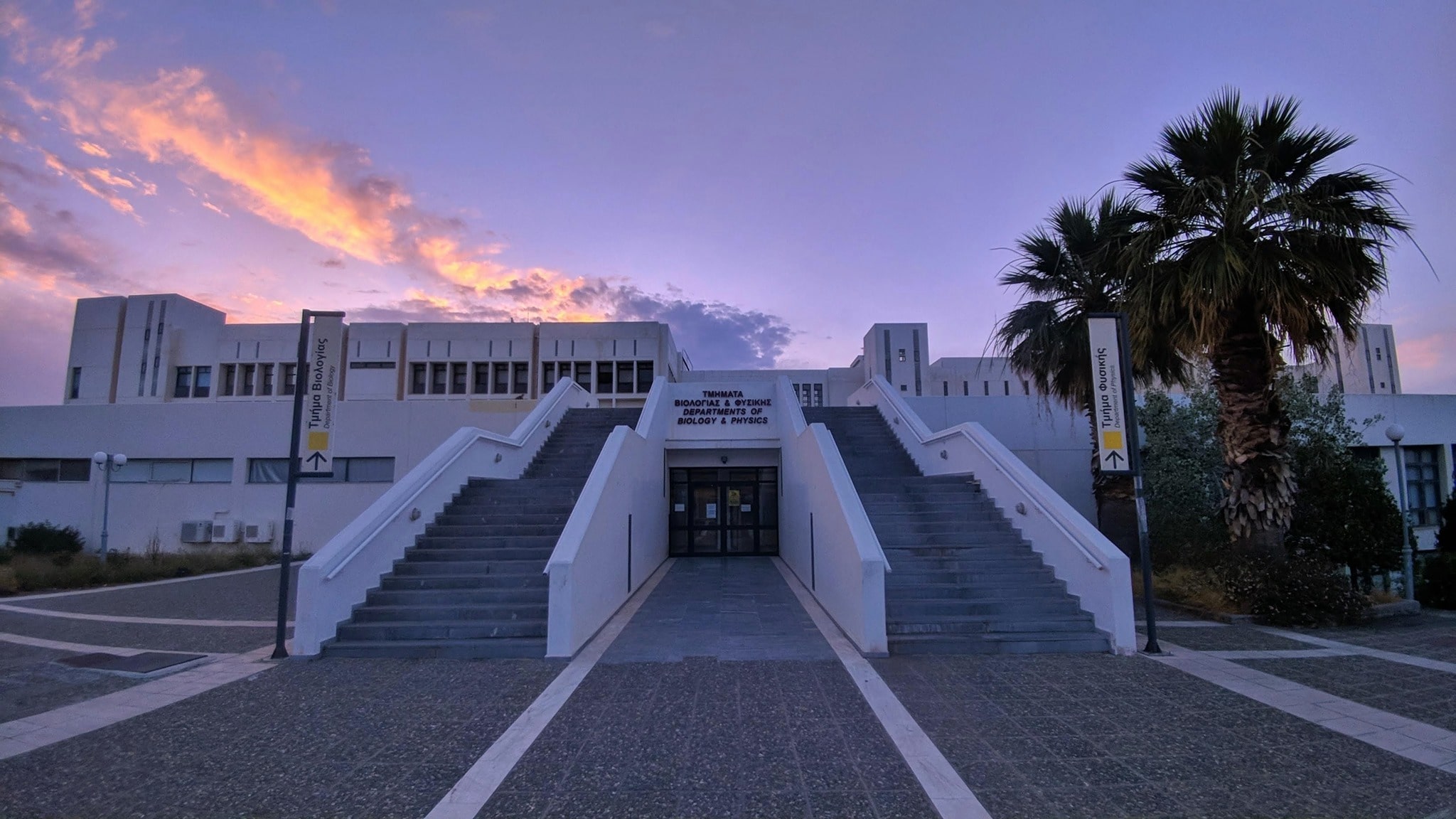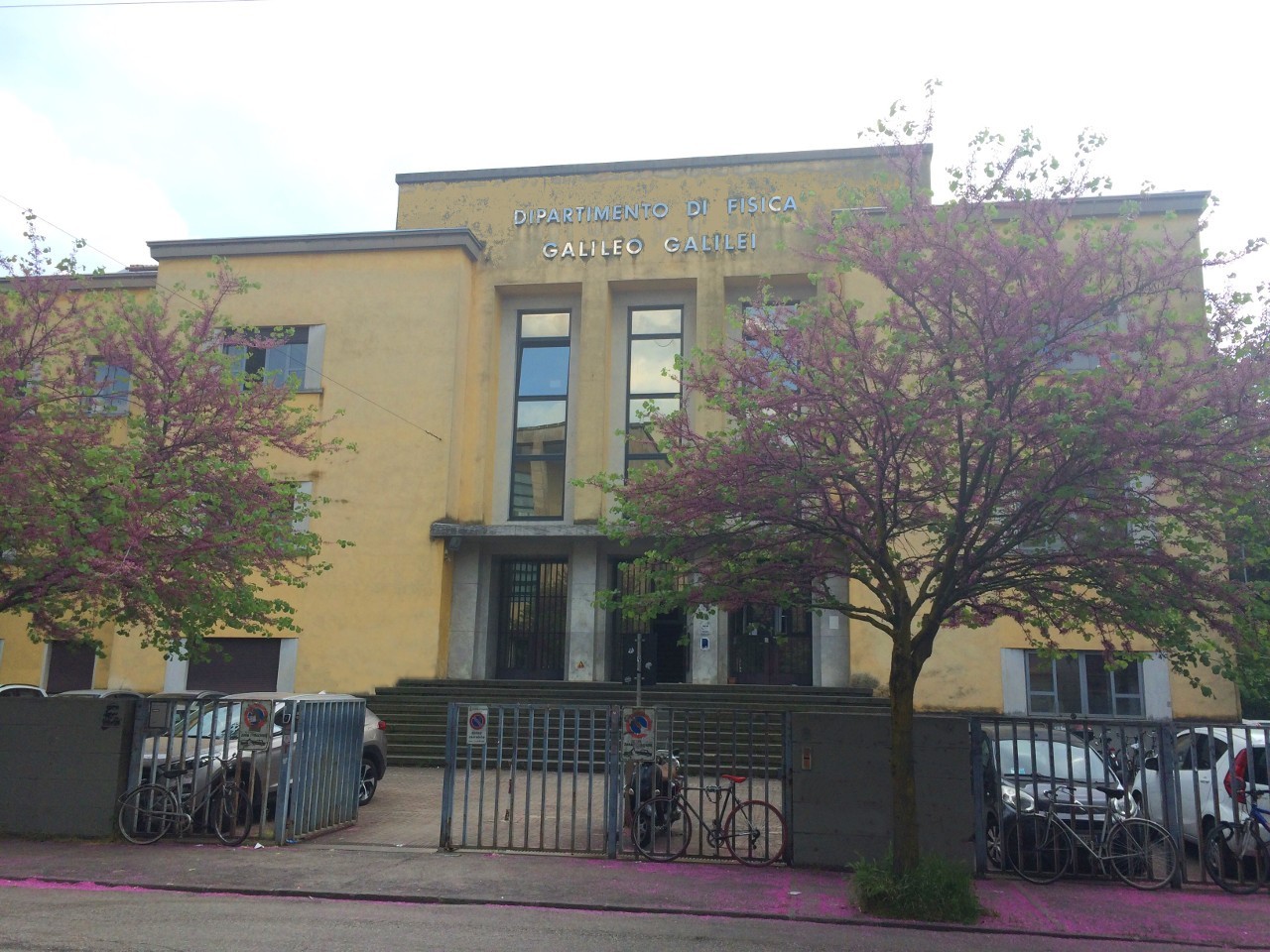Education
You can view and download my Curriculum Vitae in the standard Europass format.
Since November 2024, I have been enrolled in the National PhD Program in Technologies for Fundamental Research in Physics and Astrophysics at the University of Padova, Italy.
I received my Bachelor’s degree in Physics from the University of Crete, Heraklion, Greece.

In the University of Crete, I had the privilege to study the classical physics curriculum and also to delve into the modern physics topics. UoC also provided me with the opportunity to conduct more than 30 experiments in the laboratory and to start my first steps in programming with FORTRAN and Python. It is also here where I was introduced to Machine Learning for the first time and it was at this moment that I start contemplating of the potential of these tools in the field of physics.
My Bachelor’s Thesis was on a niche topic of Applied Mathematics, Ray Tracing with Gaussian Beams applied in Underwater Acoustics, which is a method to model wave propagation in non-homogeneous media. The thesis was a combination of theoretical and computational work, and it was a great opportunity to work under the guidance of Prof. Michalis Taroudakis.
I continued my studies with a Master’s degree in Physics of Data from the University of Padova, Italy.

This innovative and multidisciplinary program was a great opportunity to learn the latest techniques in data analysis and machine learning, and to apply them in the field of physics. The program was a combination of theoretical and practical work, and it is here where I had the unique opportunity to learn to program embedded and reprogrammable hardware, Field Programmable Gate Arrays (FPGAs). At the same time, I delivered multiple projects with hands on experience in Deep Learning Models, Inference and worked on modern Tensor Network techniques inspired by Quantum Information Theory.
I conducted my Master’s Thesis at the Institute for Data Processing and Electronics (IPE) at the Karlsruhe Institute of Technology (KIT), Germany, under the supervision of Prof. Michelle Caselle and Dr. Luca Scomparin. Their revolutionary work on Reinforcement Learning for Beam Instabilities at the Karlsruhe Research Accelerator (KARA) synchrotron light source and accelerator test facility was a great opportunity to learn the ways of the AMD Xilinx Versal AI Engine and to develop Deep Learning Models for this specific architecture.
